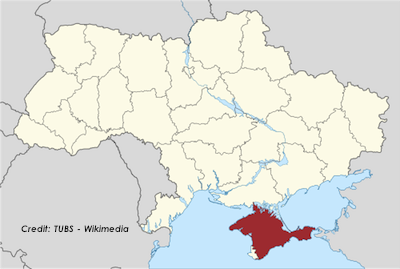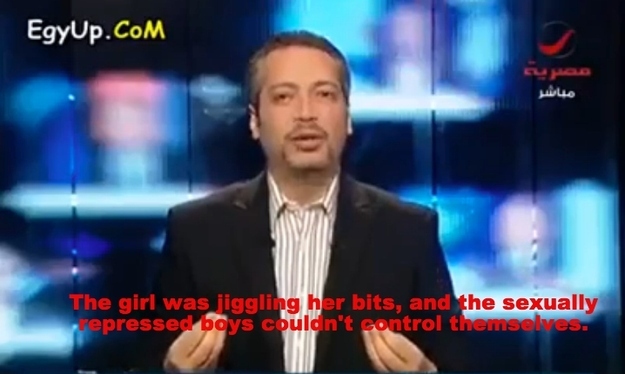 In all the Ukraine crisis news, I missed this stellar example of increasingly implausible Egyptian military propaganda. They announced to their citizens last month that they had cured AIDS and Hepatitis C.
In all the Ukraine crisis news, I missed this stellar example of increasingly implausible Egyptian military propaganda. They announced to their citizens last month that they had cured AIDS and Hepatitis C.
The so-called “Complete Cure Device” draws blood from a patient, breaks down the disease and returns the purified blood back to the body, according to Dr. Ihsan Hanfy Hussein, a member of Abdel-Atti’s research team.
She said it cures the ailments in as little as 16 hours.
“I will take the AIDS from the patient and I will nourish the patient on the AIDS treatment. I will give it to him like a skewer of Kofta to nourish him,” Abdel-Atti said, referring to a dish made of ground meat.
“I will take it away from him as a disease and give it back to him in the form of a cure,” he said. “This is the greatest form of scientific breakthrough.”
He paid tribute to the military chief and unofficial presidential hopeful, Field Marshal Abdel Fattah El-Sisi, who attended the unveiling of the “miracle” device registered under the armed forces and approved by the country’s Ministry of Health.
The wild fabrication, endorsed by the country’s incoming leader-for-life, General Sisi, immediately drew very harsh criticism from medical researchers both in Egypt and around the world. Because it’s flat-out crazy nonsense.
It is yet another attempt to convince the population of Egypt, via flat-out alternate reality creation, that the military is the one true source of all that is good and necessary in society.
Accordingly, despite the obvious fiction and the government’s own science adviser calling it junk, there was a full-court press by state media to praise the “breakthrough” and the glory of Egypt’s military in having “solved” a problem that has eluded the entire rest of the world.
“The interim president should fire the scientific adviser, Essam Heggy, after his offensive comments to Egypt and the army,” Mohammed Abu Hamed, an Egyptian politician and vice chairman of the Free Egyptians Party, tweeted Wednesday.
Pro-military journalists and media outlets urged Egyptians to rejoice after the army announced the invention will be available in June.
“Has the level of doubt reached such a high level on an international breakthrough? This will benefit all of humanity and solve a crisis that the medical community has not been able to fix for years. This is something we should celebrate,” Maha Salim, a state media reporter, said on private network Tahrir TV.
Such delusions have very dangerous consequences for both Egypt and the region. North Africa is currently experiencing a rising tide of new AIDS infections. Egypt is also one of the world’s most Hep C-prevalent countries; the CDC says 10% of the population has it. As we’ve seen in other countries where leaders claimed to have magically developed cures for AIDS and other infectious diseases, infection rates will almost certainly climb.



 I’m getting real bored by all the libertarians on the internet who won’t stop rambling about “fiat currency” — money that is printed and not backed by precious metal or some other scarce commodity — like they’re privy to some dark conspiracy that no one else has been let in on.
I’m getting real bored by all the libertarians on the internet who won’t stop rambling about “fiat currency” — money that is printed and not backed by precious metal or some other scarce commodity — like they’re privy to some dark conspiracy that no one else has been let in on. 

